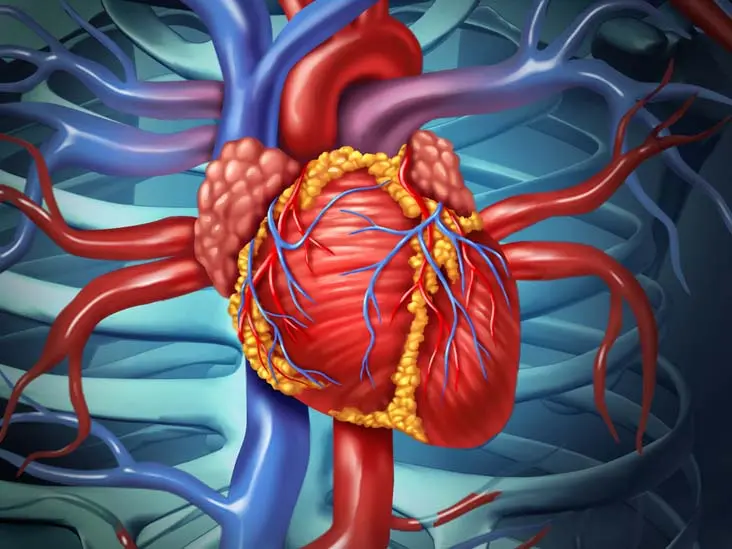The Nigerian Cardiac Society has raised a red flag, disclosing that three out of every ten Nigerian adults experience hypertension unknowingly. This revelation has stirred grave concern among medical experts.
Highlighting the prevalence of various risk factors among Nigerians, these experts have underscored the poor control of such factors, exacerbating the already dire situation.
In their discourse, they define sudden death as a natural and unforeseen fatal event occurring within one hour from the onset of symptoms, either in an ostensibly healthy individual or in one whose condition did not portend such an abrupt demise.
“Hypertension stands as the common risk factor for heart disease and stroke in Nigeria,” they affirm.
They also elaborated that complications stemming from hypertension, such as heart attacks, strokes, and heart failure, among others, are often the culprits behind sudden deaths.

Furthermore, these medical professionals elucidate the multitude of risk factors for heart disease, which encompass sedentary lifestyles, tobacco use, excessive alcohol consumption, and poor dietary habits characterised by high salt and saturated fat intake coupled with a dearth of fresh fruits and vegetables.
“Sudden cardiac death can be defined as death resulting from abrupt loss of cardiac function with or without previous heart disease unexpected within one hour of onset of symptoms.
“About 50 per cent of all deaths from heart diseases are sudden, regardless of the aetiology deaths
“It has also been shown that 89 per cent of all sudden cardiac deaths occur outside the hospital, and less than 40 percent are witnessed.
“Other risk factors include high blood pressure (hypertension), high blood lipids/cholesterol (dyslipidemia), overweight and obesity, and diabetes mellitus.
“Hypertension is the most common risk factor for heart disease and stroke in Nigeria,” they explained.
In light of these sobering statistics, the surgeons advocate for rigorous blood pressure management as a key measure for mitigating the cardiovascular risks faced by affected individuals.
Regrettably, they lament the abysmally low rate of effective blood pressure control, with only a mere seven percent of hypertensive individuals achieving optimal control in Nigeria and other sub-Saharan African nations.
In a bid to raise awareness and promote proactive responses to cardiac distress, they implore all Nigerians to familiarise themselves with the warning signs of cardiovascular emergencies and to acquaint themselves with appropriate emergency response protocols.


